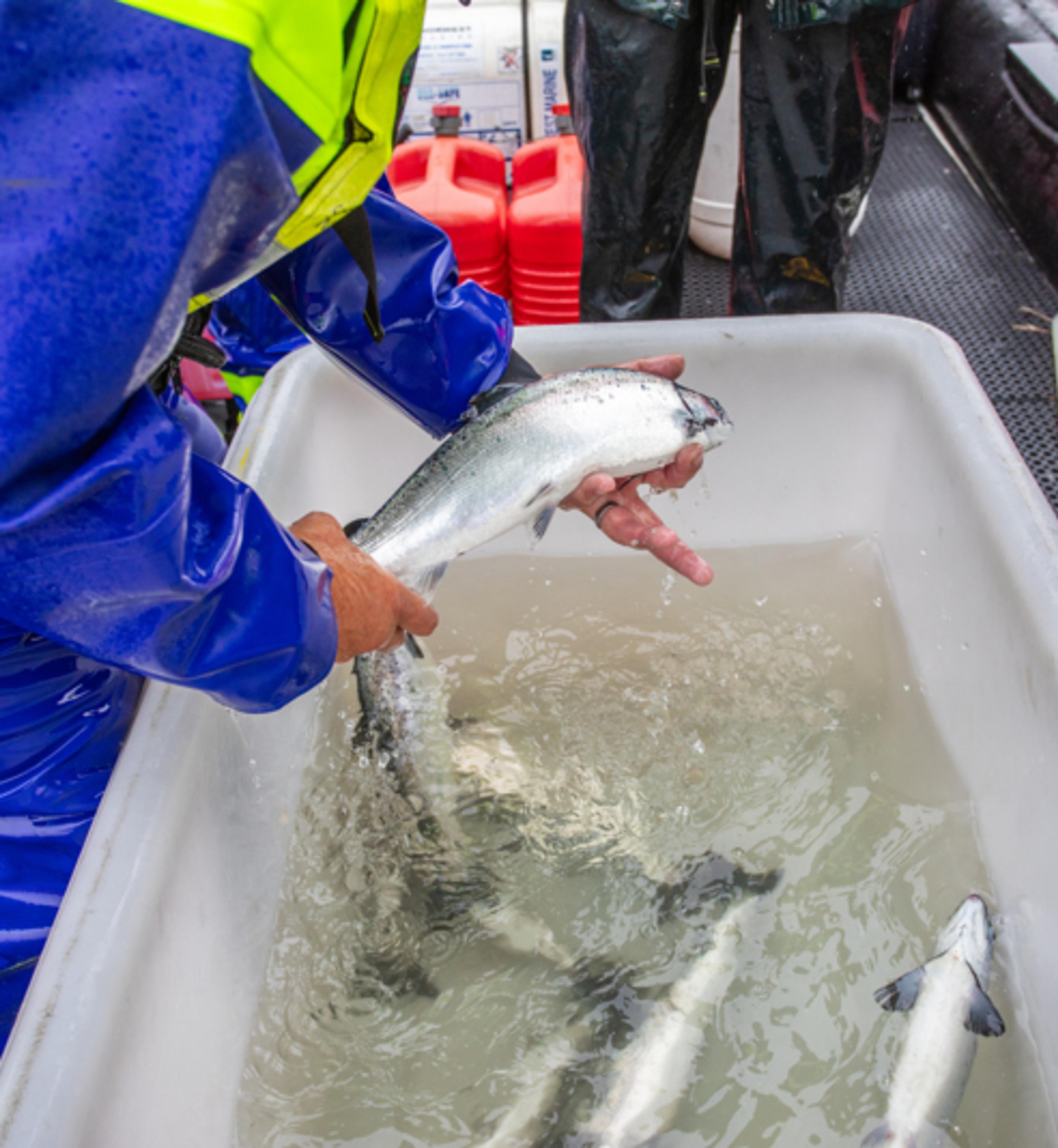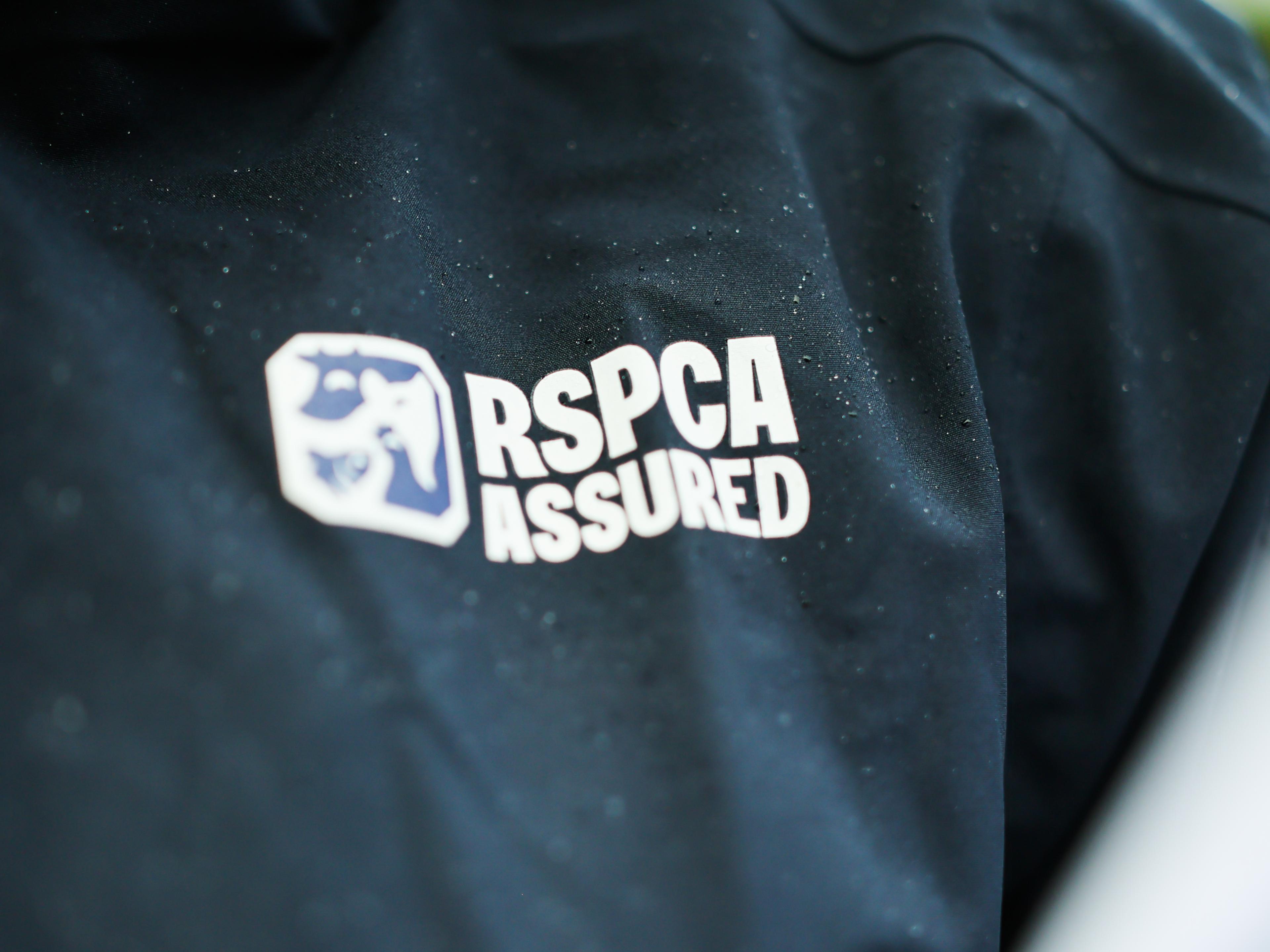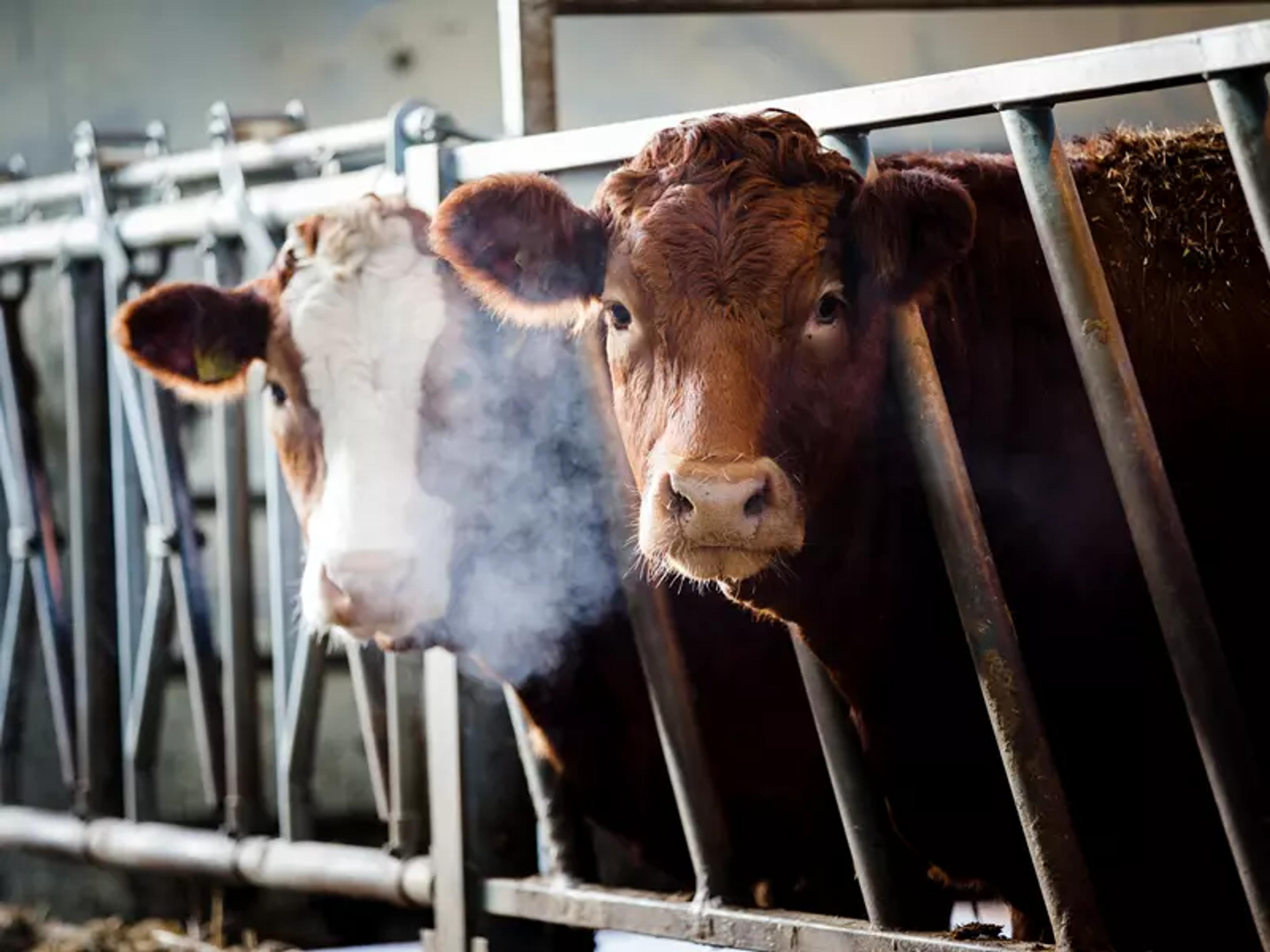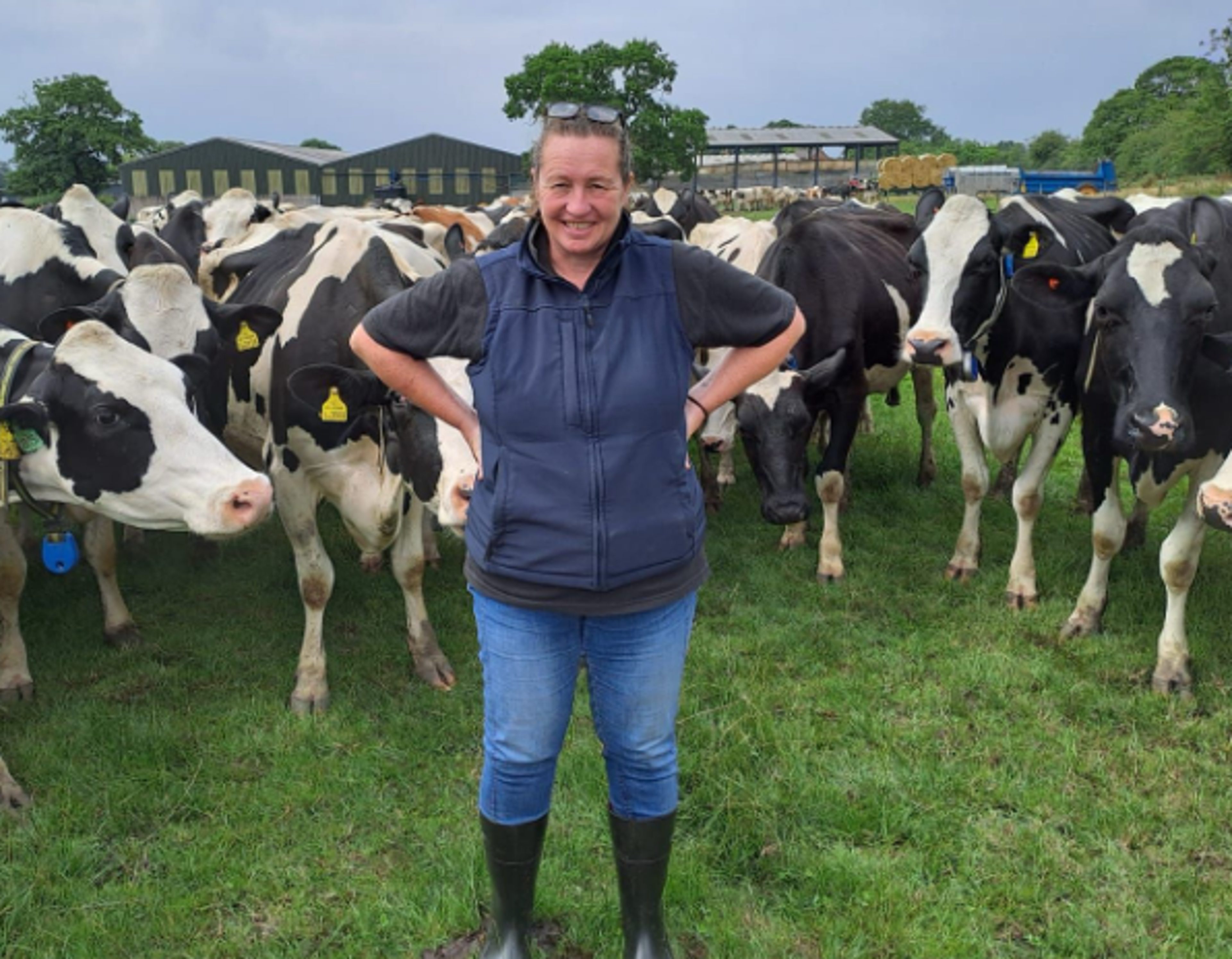Salmon and trout
Salmon and trout
More than 1,200 RSPCA welfare standards must be met for salmon to be labelled RSPCA Assured, and more than 800 for trout.
The standards cover the fish’s entire lives and are the only UK standards that focus solely on ensuring their welfare. There are no specific laws in the UK to protect the welfare of farmed salmon and trout.
The RSPCA standards require...
Good water quality
All farms must have water quality monitoring programmes in place (for example how much oxygen is in the water), with action taken if necessary.
The correct amount of space
The space a fish needs changes as they grow. The RSPCA welfare standards reflect this, with different space allowances for every stage of their lives.
Fish are only handled when necessary
Sometimes fish need to be handled, which can be stressful for them. The RSPCA standards require the minimum time possible and never more than 15 seconds.
Careful transportation
The RSPCA standards give detailed guidelines on how fish can be transported (including handling and monitoring of water quality) to help minimise stress.
Code of Good Practice...
Water quality must be ‘acceptable’
Less-than-ideal water quality can cause stress in fish. It also reduces their ability to behave normally, such as swimming, feeding, and interacting with other fish.
No specific space requirements
If farmed fish have too much or too little space, they can be aggressive.
No maximum time out of the water
Fish can become stressed if they’re kept out of water for longer than necessary.
Negative effects of transport must be ‘minimised’
Crowding, temperature changes and handling can all cause fish stress, exhaustion, injury and illness.
Out in the field

“The standards cover all aspects of fish’s lives, including health, diet, water quality, environment, care and handling – all of which make a huge difference to the welfare of millions of salmon and trout every year.”
Giada Desperati, RSPCA Assured assessor



